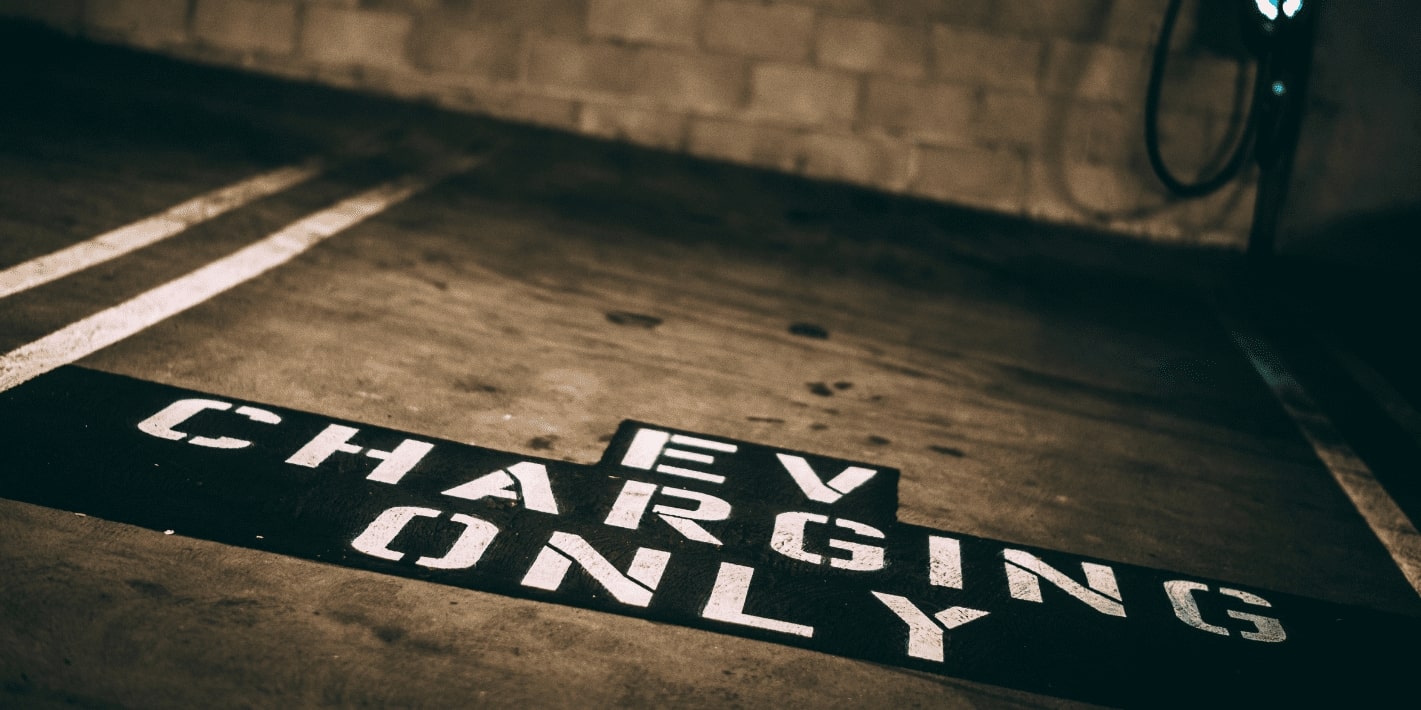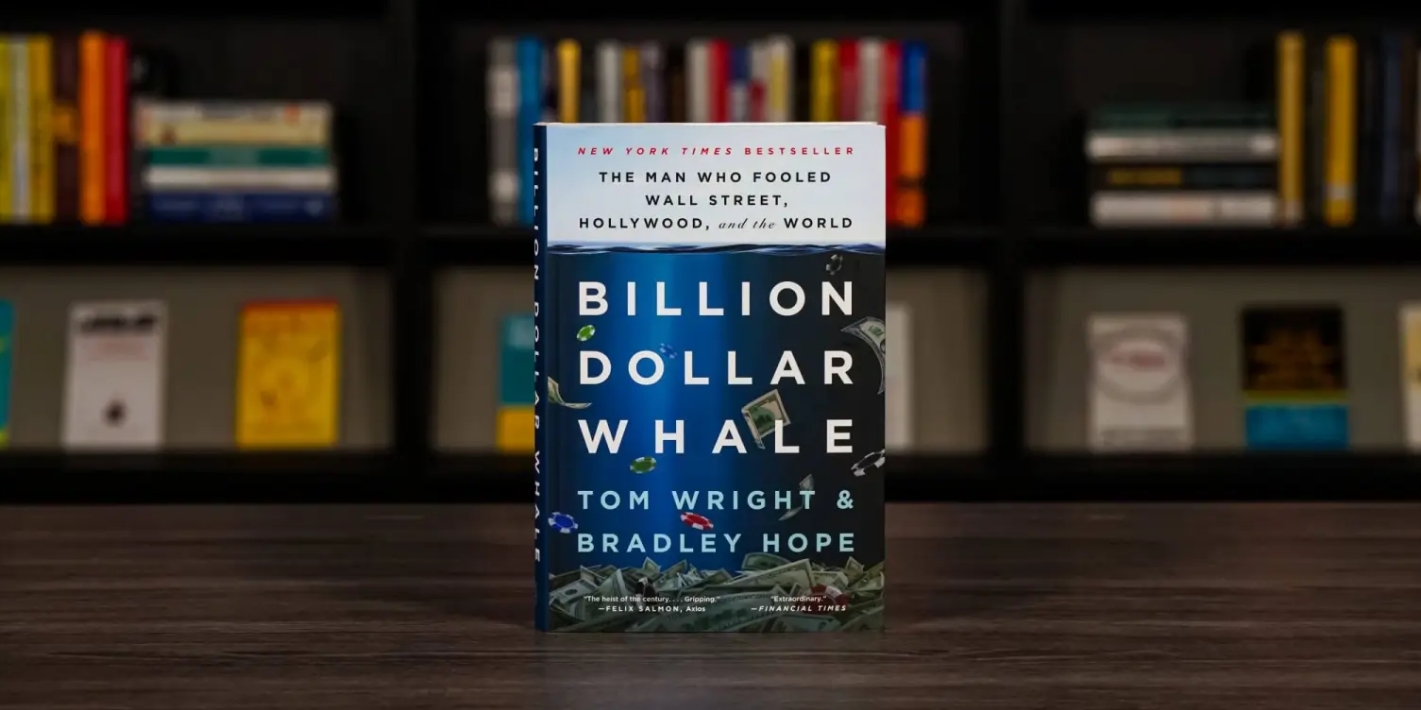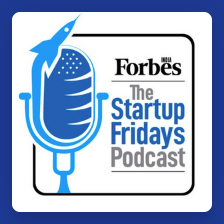Yesterday was the 60th day since we shut down our office, but it feels much longer. Partly because of the roller coaster journey I have had with a concept that I could not understand, i.e., working from home. In the last 60 days, I have gone from hating to loving the work from home concept and from working myself to the bone to appreciating the freedom and higher productivity this concept brings to my team and to me. There are several posts on how to manage employees that are working from home, but very few focus their attention on the founder that is leading their startup through troubled waters. I had 6 distinct learnings that reshaped the way I thought about working from home:
- Hyper-productivity has its limitations
I was guilty of indulging in this mistake for the first 30 days. Theoretically, I saved 90 minutes of commute time; therefore, I decided that I could take on more tasks and responsibilities. Thus, in addition to my duties as a fund manager, I was reworking budgets with our portfolio companies, took on the chief editor role for Artha’s blogs, and I was conducting multiple team calls a day to keep the team focused and engaged. It was exciting and new the first couple of weeks, and I enjoyed working myself to the point of exhaustion because it kept all the negativity around the crisis out of my mind. However, hyper-productivity began providing diminishing returns the more I indulged in it. It started with general irritability and slight distractions, but eventually, the focus on work suffered, and the list of tasks pending on me started to pile up. Finally, there was just a general numbness to all the work. The enjoyment of completing one task was quickly replaced by the groan of watching the tasks list continuing to expand. I became aware of the toll my hyper-productive avatar was having on my physical and mental health. Eventually, it started affecting my interpersonal relationships – at work and at home. With some sage advice, I toned down my hyper-productivity ambitions and focussed on quality instead of quantity. I concentrated on completing 5 tasks per day (nothing more or less) and utilizing the extra time to expand my knowledge horizon.
- Recognizing and dealing with Zoom fatigue
It was fun to be on an endless stream of Zoom calls. The meetings were shorter, I drank fewer calories, and I could do double the number of meetings. Then as Brad Feld put it, I started to experience Zoom Fatigue. I caught myself replying to emails, responding to internal team chats, or editing investor newsletters during these online meetings. I was there, but I was not present. It did not help that I made my meeting schedule so tightly packed that there was no room for error; therefore, if there was an unscheduled call, it would be a couple of days before I could get back to them. At the start of this month, I reduced the time I allocated for online meetings. Encouraged with the results, I have limited my online meeting schedule to just 3 hours a day from this week. This workaround will give me ample down-time to catch up with my inbox, tasks, and team chat – allowing me to be fully attentive during the online meetings.
- Taking a break
It is ironic that I would find it challenging to take a break from working while working at home. The opportunity to take a break (my TV) is less than 10 steps away, the bed just another 15 steps. Despite my intense working schedule over my 15-year working career, I continued to watch at least 1 new movie a week on average. However, in the last 9 weeks, I have watched a grand total of 2 new films, and I had to split watching each one over 2-3 weeks. The fact that the opportunity to take a break was so close developed a false sense of comfort that I could take a break at any time. That time did not come because there was always something pressing that needed my attention. Although it was late, the benefits of taking breaks finally dawned on me. A couple of weeks back, I took a 3-day weekend (I still ended up working for half a day), caught up with friends, and on my sleep. I had a fresh perspective on projects & a spring in my voice when I resumed work, convincing me that taking a break is an imperative undertaking for any founder. - Setting boundaries
When we are done with work, we shut our laptops, stuff them into our bags, we commute back home, switching off all the work-related tabs in our minds and refreshing the tabs for our personal lives. What happens when that commute is cut down to 90 seconds? In my first month I was taking work calls from 8 am to 10 pm daily, I slept with work and woke up in it. There are several times in a year when VCs must put in those types of hours, especially when we are closing multiple deals. However, this was different. I did not have time to work out, I took tons of notes with a mental promise to review them but could not find the time to do it. Many a time, I could not remember what I ate for dinner and in what quantity! These endless hours started to take a toll on the team as well. I instituted a 7 pm deadline on myself for all work-related meetings. Everything that could not get completed by 7 pm would get pushed to the next day. To commit myself to this deadline, I started working out on cure.fit with a partner who would ensure that I did not miss workouts, therefore, ensuring that my work-day had an ending. Without boundaries, the boon of working from home can quickly turn into a curse. Therefore, it is a good idea to schedule winding up and winding down activities so that there is a psychological boundary between work & home.
- Schedule tasks into your calendar
There is a big difference between being busy and being productive. One can be busy all day but have nothing to show for their busyness at night. On the other hand, productivity demands results, it demands focus.
I learned an excellent productivity hack that has worked wonders for me. Instead of having a to-do list or a task list – I get my tasks directly scheduled into my calendar, thereby blocking out time to focus. The scheduled slots are limited to 30-45 minutes chunks, with a 15-mins break at the end for contingencies and to report to the team after the job assigned to me is completed. There is an excellent post on Effective Scheduling for more on this.
- Take a vacation
It sounds ironic that I would propose vacation time amid an economic crisis, especially when we are working from home! However, a lot of founders have forgone summer vacations due to the way this crisis creeping upon us. As a founder, we must recognize that vacations are essential with several scientifically known benefits of what breaking routines do for our minds & bodies.
While there are minimal options for us to travel for a vacation, there are other ways to take a break from the world and give the body & mind time to recharge their batteries. The Washington Post provided an excellent resource for vacationing at home, aptly titled, The completely correct guide to vacationing at home.
Oh! You will find the perfect vacation auto-response in my 18-month-old post, Perfecting the vacation auto-response.






